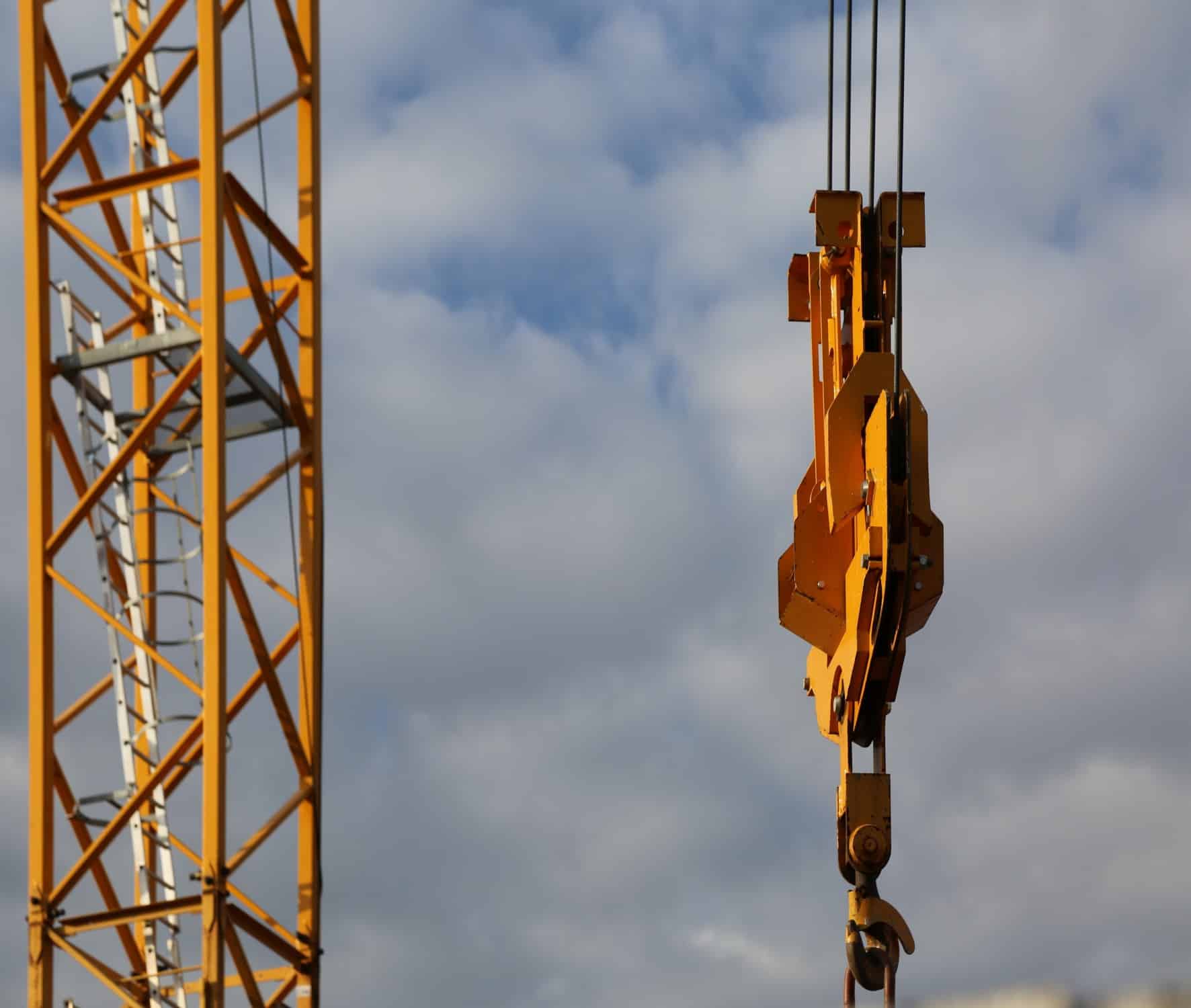
What Is a Temporary Works Coordinator and Why Do You Need One?
What are Temporary Works?
Temporary Works are crucial components in construction processes, acting as a support system to facilitate the creation of permanent structures. Their functions vary, ranging from protective measures to providing access during construction. The presence of these elements post-construction can either be temporary or permanent.
What are Examples of Temporary Works
The scope of Temporary Works is vast, encompassing Earthworks, specific Structures, and foundational support for Equipment and Plant.
Does My Construction Require Temporary Works?
Virtually all construction projects involve Temporary Works in some capacity. For those seeking expert management of these works, Safer Sphere offers exemplary Temporary Works Management, strictly adhering to prevailing industry norms and regulations.
How Do I Efficently Manage Temporary Works?
Safer Sphere assists contractors in every aspect of managing Temporary Works. This includes providing competent Temporary Works Coordinators and developing and maintaining Temporary Works procedures.
What Does a Temporary Works Coordinator do?
A Temporary Works Coordinator (TWC) is indispensable in the construction domain. Their purview includes the oversight of temporary structures, ensuring these are compliant, safe, and efficiently coordinated. Their role covers structures like scaffolding, formwork, falsework, and shoring, bridging the gap between the design, planning, and actual construction.
What are the Roles and Responsibilities of a Temporary Works Coordinator?
Temporary Works Coordinators have diverse responsibilities, including:
Risk Assessment and Management: Identifying potential risks associated with temporary structures and taking measures to mitigate them.
Design and Planning Coordination: Facilitating communication between designers, engineers, and contractors to ensure temporary structures align with the overall project plan.
Compliance and Regulation: Ensuring all temporary structures adhere to relevant health and safety regulations and industry standards.
Communication: Collaborating with various stakeholders to convey design intent, safety protocols, and project progress.
Documentation: Maintaining meticulous records of temporary works designs, inspections, and alterations to maintain a comprehensive overview of the project’s temporary structures.
On-Site Temporary Works Checks
What Can a Temporary Works Coordinator do for me?
As part of our Temporary Works service, we conduct on-site monitoring and checks to ensure:
Temporary Works designs align with site requirements.
Final designs have been issued to the site.
Suitable risk assessments and method statements are in place.
Inspections, including statutory inspections, are carried out.
Materials are inspected upon delivery.
Any changes and deviations are properly approved, communicated, and logged.
Inspections are carried out by competent individuals familiar with the construction, use, maintenance, and dismantling of temporary works.
Hold points are in place.
Permit-to-work processes are followed, as appropriate.
Records are kept and maintained by the Temporary Works Coordinator.
Qualifications for Becoming a Temporary Works Coordinator
Is Employing a Temporary Works Coordinator Essential?
While the importance of a TWC is undeniable, the need for one depends on the intricacies and potential hazards of the temporary works in a project. In situations with complex structures, having a TWC is strongly advised to assure safety, compliance, and fluidity in operations.
Is a Temporary Works Co-ordinator a Legal Requirement?
Having a Temporary Works Coordinator on construction projects is not a legal requirement. However BS5975 outlines the industry view that it is considered best practice.

